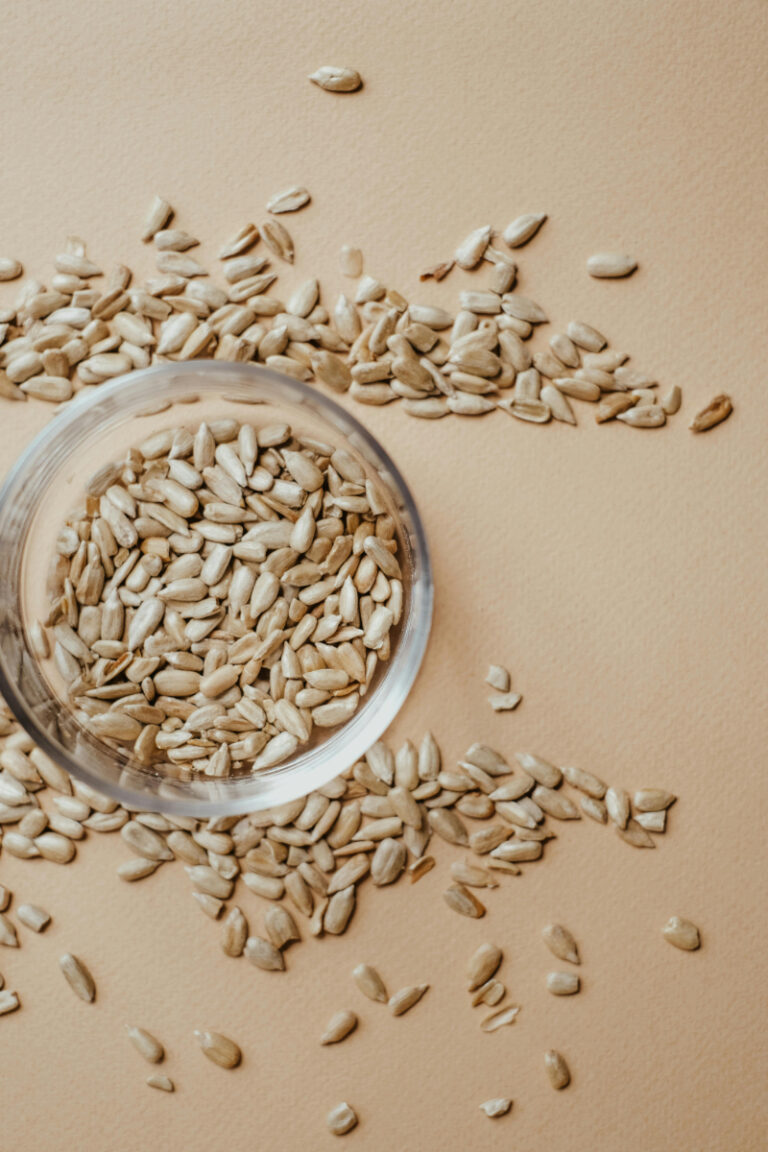Can You Eat Ham on a Low Carb Diet? A Friendly Guide to Low Carb Ham Consumption
If you’re following a low carb diet, you may wonder if ham is a good choice. Ham is a popular meat that’s often served during holidays and special occasions. It’s also a favorite ingredient in sandwiches and salads. But is it low carb? Can you eat ham on a low carb diet?
The answer is yes, ham is low carb and can be included in a low carb diet. In its natural state, ham contains minimal carbohydrates and is high in protein and fat. However, it’s important to note that not all types of ham are created equal. Some types of ham may contain added sugars or glazes that can increase the carb count. So, it’s important to read the labels carefully when choosing ham for your low carb diet.
When selecting ham, look for options that are minimally processed and free of added sugars. Uncured ham is a good choice, as it’s free of nitrates and nitrites. You can also choose ham that’s been roasted or baked without any added glazes or sauces. By selecting the right type of ham, you can enjoy this delicious meat while still sticking to your low carb diet.

Understanding Low Carb Diets
If you’re considering a low carb diet, it’s important to understand the basics. A low carb diet is one that limits carbohydrates, primarily found in sugary foods, pasta, and bread. Instead of eating carbs, you focus on protein-rich whole foods and vegetables. This can help you lose weight, lower your blood sugar levels, and improve your overall health.
Benefits of Low Carb Eating
There are many benefits to following a low carb diet. One of the main benefits is weight loss. By reducing your carb intake, you force your body to burn fat for fuel instead of carbs. This can lead to significant weight loss over time.
Another benefit is improved blood sugar control. When you eat a lot of carbs, your blood sugar levels can spike and then crash, leading to cravings and hunger. By reducing your carb intake, you can stabilize your blood sugar levels and reduce cravings.
Low carb diets have also been shown to improve heart health by reducing triglycerides, increasing HDL (good) cholesterol, and reducing blood pressure.
Daily Carb Intake Guidelines
The amount of carbs you should eat on a low carb diet depends on your goals and individual needs. However, most low carb diets recommend eating between 20-100 grams of carbs per day. It’s important to focus on nutrient-dense, whole foods like meat, fish, eggs, vegetables, and healthy fats.
Here’s a quick breakdown of carb intake levels:
| Carb Intake | Description |
|---|---|
| 20-50 grams | Very low carb, designed for weight loss and/or management of blood sugar levels |
| 50-100 grams | Low carb, good for weight loss and overall health |
| 100-150 grams | Moderate carb, good for weight maintenance and active individuals |
| 150+ grams | High carb, not recommended for most people on a low carb diet |
Remember that everyone’s carb needs are different, so it’s important to find a level that works for you.
Ham and Its Nutritional Profile
Ham is a popular meat that can be found in many households. It is a good source of protein and can be a great addition to a low-carb diet. However, it is important to understand the nutritional profile of ham before adding it to your meal plan.
Carb Content in Ham
Ham is a low-carb food, making it a good option for those following a low-carb diet. The carb content in ham varies depending on the type of ham and the way it is prepared. For example, a 3-ounce serving of baked ham contains less than 1 gram of carbs, while a 3-ounce serving of honey-baked ham contains around 15 grams of carbs.

Types of Ham
There are different types of ham available in the market, and each type has a different nutritional profile. Some popular types of ham include:
- Fresh Ham: This is an uncooked ham that is similar to a pork roast. It is a good source of protein and contains no carbs.
- Cured Ham: This is a type of ham that is cured with salt and other seasonings. Cured ham can be high in sodium, so it is important to check the label before buying.
- Smoked Ham: This is a type of ham that is smoked to give it a unique flavor. Smoked ham can be high in sodium, so it is important to check the label before buying.
- Honey-Baked Ham: This is a type of ham that is coated with honey and other sweeteners. It is high in carbs and should be consumed in moderation.
In summary, ham can be a great addition to a low-carb diet. It is a good source of protein and is low in carbs. However, it is important to choose the right type of ham and check the label for nutritional information before buying.
Incorporating Ham into a Low Carb Diet
If you’re following a low carb diet, you may be wondering if ham is a good choice for you. The good news is that ham can be a great addition to a low carb diet, as long as you choose the right type and prepare it in a healthy way. Here are some tips for incorporating ham into your low carb diet:
Choosing the Right Ham
When choosing ham for your low carb diet, it’s important to look for varieties that are minimally processed and free of added sugars. Some hams are cured with sugar or honey, which can add unwanted carbs to your diet. Instead, look for ham that is labeled as “uncured” or “no sugar added.”
Another thing to consider when choosing ham is the fat content. While some hams are leaner than others, it’s important to remember that fat is not the enemy on a low carb diet. In fact, healthy fats can help keep you feeling full and satisfied, which can help you stick to your diet in the long run. So don’t be afraid to choose a ham with a slightly higher fat content.
Ham Serving Ideas
Ham is a versatile ingredient that can be used in a variety of low carb dishes. Here are some ideas for incorporating ham into your meals:
- Add diced ham to scrambled eggs for a quick and easy breakfast.
- Use ham as a topping for a low carb pizza crust.
- Make a ham and cheese omelet for a filling and satisfying meal.
- Use ham instead of bacon in a Cobb salad for a change of pace.
- Wrap ham around asparagus spears for an elegant appetizer.
Common Mistakes to Avoid
While ham can be a healthy addition to a low carb diet, there are some common mistakes to avoid. Here are a few things to keep in mind:
- Don’t overdo it on the ham. While ham is a great source of protein, it’s still important to balance it with other healthy foods like vegetables and healthy fats.
- Watch out for added sugars. Some hams are cured with sugar or honey, which can add unwanted carbs to your diet.
- Avoid processed ham products like deli meat, which can be high in sodium and other additives.
By choosing the right type of ham and incorporating it into your meals in a healthy way, you can enjoy this delicious meat as part of your low carb diet.
Additional Low Carb Diet Considerations
When following a low carb diet, it’s important to consider more than just the carb count of the foods you eat. Here are some additional factors to keep in mind:
Balancing Macronutrients
While limiting carbs is a key aspect of a low carb diet, it’s also important to make sure you’re getting enough protein and healthy fats. Aim to include a source of protein with each meal, such as ham or other meats, eggs, or tofu. Healthy fats can come from sources like nuts, seeds, avocado, and olive oil. Balancing your macronutrients in this way can help you feel fuller for longer and maintain muscle mass.
Hydration and Electrolytes
When you limit carbs, your body produces less insulin, which can cause your kidneys to excrete more sodium. This can lead to dehydration and electrolyte imbalances. To prevent this, make sure you’re drinking enough water and consider adding electrolyte-rich foods like spinach, avocado, and nuts to your diet. You can also try adding a pinch of salt to your water or meals.
Monitoring Your Progress
While a low carb diet can be effective for weight loss and other health goals, it’s important to monitor your progress to make sure you’re on track. Consider tracking your food intake and macros using an app or journal, and take regular measurements of your weight, body fat percentage, and other relevant metrics. This can help you make adjustments as needed and stay motivated to reach your goals.
By keeping these additional considerations in mind, you can ensure that your low carb diet is both effective and sustainable.






